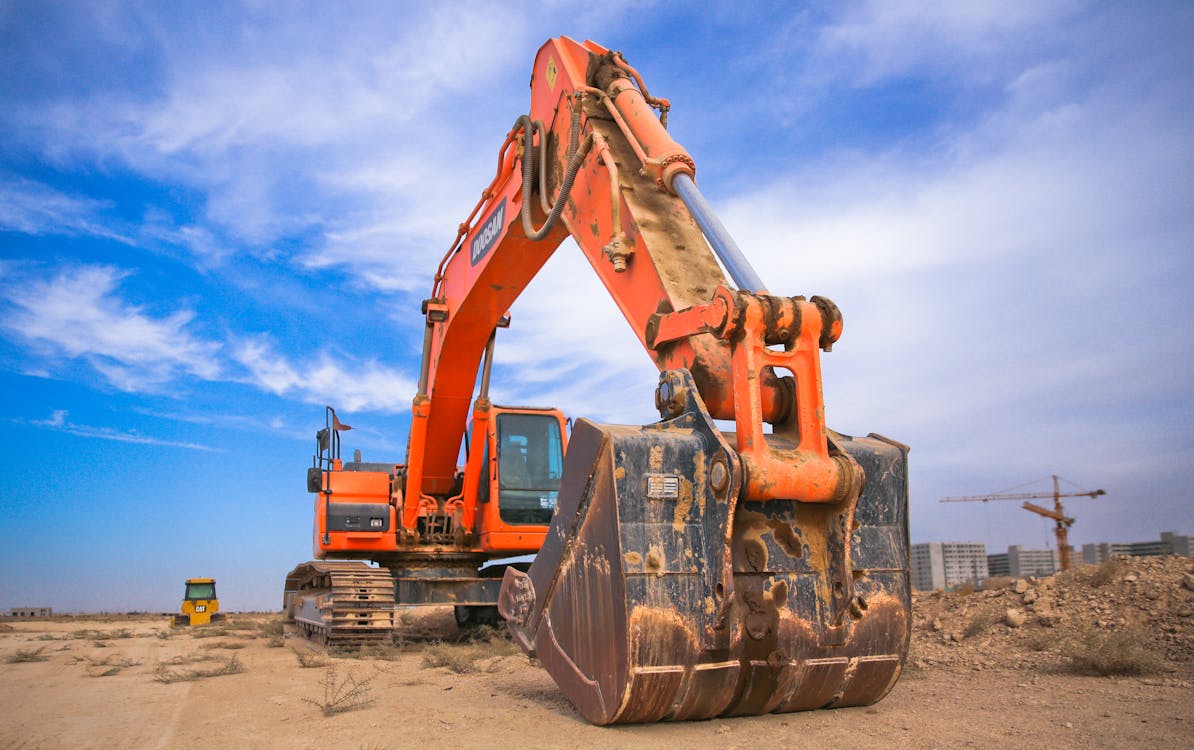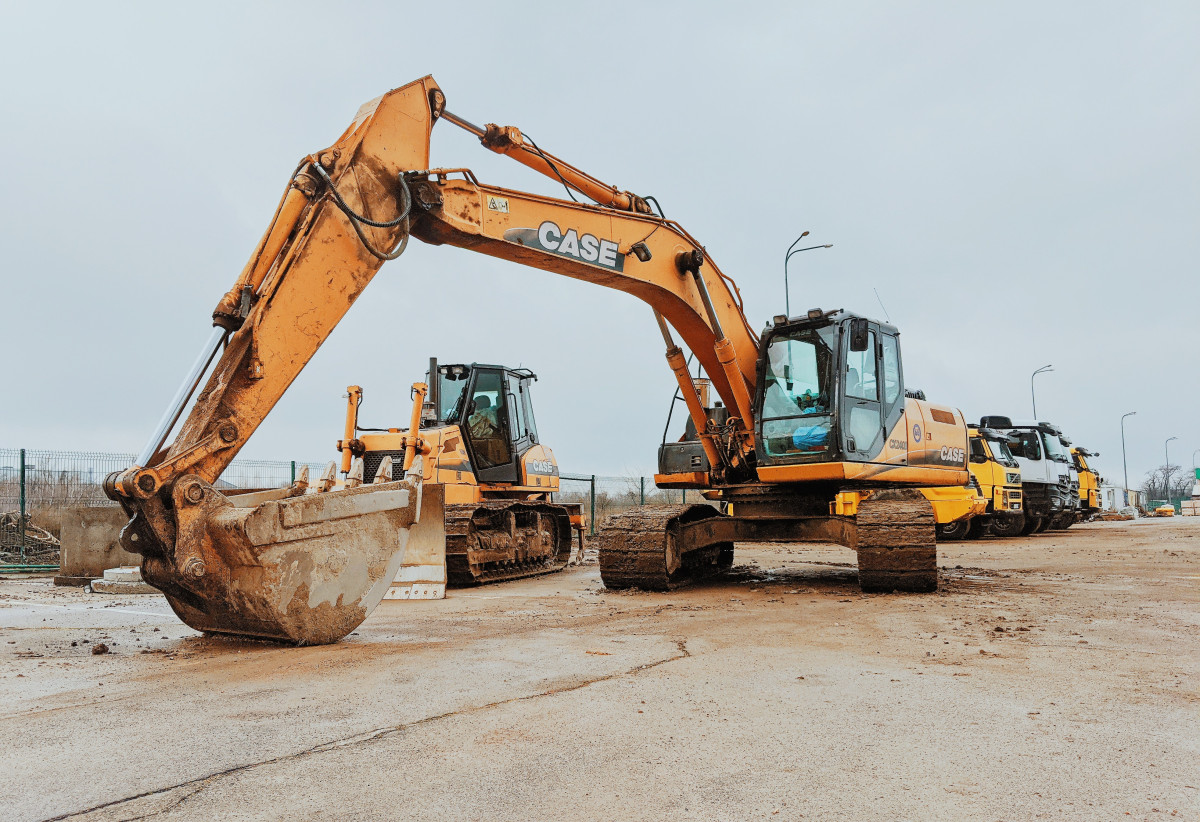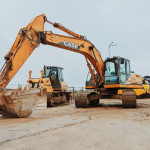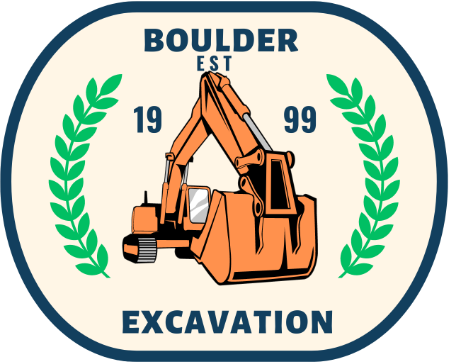Demystifying Excavation Cost Breakdown

Introduction
Excavation is not a one-size-fits-all task. It involves several variables that can significantly impact the overall cost of a project, especially in areas with unique geographical characteristics such as Boulder, Colorado. Known for its rich and affluent community nestled against the majestic mountains, Boulder presents its own set of challenges and considerations when it comes to excavation. By demystifying the excavation cost breakdown specific to this area, stakeholders can make informed decisions and effectively manage their project budgets.
In the following sections, we will explore the factors that affect excavation costs in Boulder, delve into the various cost components involved, and provide tips for cost reduction. Furthermore, we will examine a real-life excavation project in Boulder to offer practical insights into the challenges faced and the lessons learned.
So, let's dig deep and uncover the mysteries surrounding excavation cost breakdown in Boulder, Colorado. By gaining a comprehensive understanding of these aspects, project managers, property owners, and contractors can navigate the excavation process with confidence, ensuring a successful and cost-effective outcome.
Factors Affecting Excavation Costs in Boulder, Colorado
In the Boulder, Colorado area, several factors contribute to the overall excavation costs. Understanding these factors is crucial for accurately estimating and budgeting excavation projects.
Geological conditions and soil types in the area:
- Boulder's geological conditions vary, ranging from rocky terrain to clayey soils, which can significantly impact excavation costs.
- The presence of boulders, bedrock, or unstable soil formations may require specialized equipment or techniques, increasing the complexity and cost of excavation.
- Soil testing and analysis are necessary to determine the soil's characteristics and suitability for excavation, affecting the project's overall scope and expenses.
Impact of terrain and proximity to the mountains on excavation:
- Boulder's proximity to the mountains introduces unique challenges during excavation due to rugged terrain, slopes, and elevation changes.
- Steep slopes may require additional stabilization measures, such as retaining walls or slope reinforcement, resulting in increased costs.
- Access to the excavation site can be difficult in mountainous areas, requiring specialized equipment and transportation methods, which can add to the overall expenses.
Considerations for difficult and challenging excavation sites:
- Some excavation sites in Boulder may present specific challenges, such as restricted access, limited space, or the presence of underground utilities.
- Excavation in densely populated areas or confined spaces may require extra precautions and coordination with local authorities, leading to additional costs.
- Mitigating environmental impacts, such as protecting nearby water bodies or addressing potential soil erosion, can also increase the overall excavation expenses.
Excavation Cost Components
To better understand the breakdown of excavation costs, it's important to consider the following cost components:
Labor costs:
- Skilled excavation professionals with experience in Boulder's unique terrain and geological conditions command competitive rates.
- The complexity of the excavation project, the required expertise, and the duration of the work influence labor costs.
- Factors such as site preparation, excavation depth, and the need for manual labor or specialized techniques can impact the overall labor expenses.
Equipment costs:
- Excavation projects often require heavy machinery such as excavators, bulldozers, or loaders.
- The choice between renting or purchasing equipment affects the overall cost structure.
- The size, capacity, and specific features of the machinery required for Boulder's challenging terrain can influence equipment costs.
Material costs:
- Excavation projects may necessitate the use of materials like gravel, sand, or fill dirt for site preparation or backfilling.
- The quantity and quality of materials needed, including transportation costs, impact the material expenses.
- Considering locally sourced materials can help reduce costs, as transportation distances are minimized.
Permitting and regulatory costs:
- Excavation projects in Boulder must comply with local regulations and obtain necessary permits.
- Permit fees, environmental impact assessments, and inspections add to the overall excavation costs.
- Engaging with regulatory agencies and ensuring compliance from the outset can help avoid delays and additional expenses.
Transportation costs:
- Moving heavy equipment and materials to and from the excavation site can incur substantial transportation costs.
- Factors such as distance, terrain, and any required escorts or special handling influence transportation expenses.
- Efficient logistical planning and coordination can help optimize transportation costs.
Waste disposal costs:
- Excavation generates significant amounts of excavated materials that need proper disposal.
- Costs associated with waste removal, transportation to disposal sites, and any required landfill fees contribute to the overall expenses.
- Consideration for recycling or reusing excavated materials can help reduce waste disposal costs.
Understanding these excavation cost components specific to Boulder, Colorado, empowers project stakeholders to make informed decisions when estimating budgets and managing excavation projects in the area.
Cost Breakdown: Detailed Analysis
To gain a comprehensive understanding of the excavation cost breakdown, let's delve into the specific components that contribute to the overall expenses of a project in Boulder, Colorado.
Labor costs breakdown:
- Excavation tasks can vary in complexity, including site clearing, excavation, grading, and backfilling.
- Skilled excavation professionals, such as excavator operators, laborers, and supervisors, are required for different tasks.
- Labor costs are influenced by factors like the duration of the project, the number of personnel needed, and any specialized skills or certifications required.
Equipment costs breakdown:
- Excavation projects require various types of machinery, such as excavators, bulldozers, loaders, or dump trucks.
- Rental or purchase costs for the required equipment depend on factors like the size, capacity, and specific features needed for the project.
- Additional costs, such as maintenance, fuel, and insurance, should be considered when calculating equipment expenses.
Material costs breakdown:
- Excavation often involves the use of materials like gravel, sand, or fill dirt.
- The type and quantity of materials needed depend on the project requirements, site conditions, and desired outcomes.
- Costs associated with purchasing or sourcing the materials, as well as transportation to the site, contribute to the overall material expenses.
Permitting and regulatory costs breakdown:
- Excavation projects in Boulder necessitate obtaining permits and complying with local regulations.
- Permitting costs include application fees, environmental impact assessments, and any required inspections.
- Engaging with regulatory agencies and hiring consultants to ensure compliance incurs additional expenses.
Transportation costs breakdown:
- Moving equipment and materials to and from the excavation site entails transportation costs.
- Considerations for transportation include the distance to the site, the type of equipment or materials being transported, and any logistical challenges.
- Costs associated with fuel, drivers, permits, and specialized transportation methods should be factored into the transportation expenses.
Waste disposal costs breakdown:
- Excavation generates a significant amount of excavated materials that need proper disposal.
- Expenses related to waste disposal include removal, transportation to disposal sites, and potential landfill fees.
- Implementing recycling or reuse strategies for excavated materials can help mitigate waste disposal costs.
Additional Cost Considerations
In addition to the direct cost components, several other factors contribute to the overall excavation costs in Boulder, Colorado.
Site preparation costs:
- Prior to excavation, site preparation activities such as clearing vegetation, removing obstacles, and leveling the site are necessary.
- Clearing trees, shrubs, or rocks and addressing any existing structures or utilities on the site incur additional expenses.
Access and mobility challenges:
- Excavation projects in challenging terrains or areas with limited accessibility require specialized equipment and methods.
- Costs associated with establishing access roads, building ramps, or using cranes to transport machinery should be considered.
Weather conditions:
- Adverse weather conditions, such as heavy rainfall, snow, or extreme temperatures, can impact excavation efficiency and potentially lead to project delays.
- Delays may result in increased labor costs or the need for additional equipment to meet project timelines.
Unforeseen circumstances:
- Excavation projects can encounter unexpected obstacles underground, such as buried utilities, old foundations, or geological surprises.
- Dealing with these unforeseen circumstances may require additional time, equipment, or expertise, leading to cost overruns.
Safety measures:
- Ensuring worker safety during excavation is of paramount importance and may require additional safety equipment, training, and monitoring.
- Costs associated with safety measures, such as protective gear, safety inspections, and safety personnel, should be accounted for.
By considering these additional cost considerations, project stakeholders can better anticipate and manage the overall expenses involved in excavation projects in Boulder, Colorado.
Tips for Cost Reduction in Excavation Projects
To optimize costs in excavation projects in Boulder, Colorado, consider the following strategies:
Proper planning and site evaluation:
- Conduct a thorough site evaluation to understand the geological conditions, soil types, and any potential challenges.
- Develop a detailed project plan that includes a comprehensive excavation scope, timeline, and budget.
- Consider the feasibility of alternative construction methods or excavation techniques that may be more cost-effective.
Efficient equipment utilization and scheduling:
- Assess the project requirements and select the appropriate equipment based on size, capacity, and functionality.
- Optimize equipment utilization by ensuring proper scheduling and coordination of machinery.
- Explore options for equipment sharing or renting to minimize costs when specific equipment is only needed for a limited duration.
Material optimization and recycling:
- Plan for efficient use of materials by accurately estimating quantities and avoiding over-ordering.
- Explore the possibility of recycling excavated materials on-site, reducing the need for additional materials and disposal costs.
- Consider using locally sourced materials to minimize transportation expenses.
Collaboration with local authorities and stakeholders:
- Engage in early collaboration with local authorities, utility companies, and other stakeholders to address potential conflicts or issues that may impact excavation.
- Stay updated on the latest regulations, permit requirements, and any incentives or cost-saving initiatives available.
Hiring experienced excavation contractors:
- Work with experienced excavation contractors who have a deep understanding of the Boulder area's terrain and unique challenges.
- Contractors with established relationships with local suppliers and regulatory bodies may help streamline processes and reduce costs.
- Request references and review past projects to ensure the contractor has a track record of delivering cost-effective and successful excavation projects.
Final Thoughts
Understanding the excavation cost breakdown is crucial for successful project management in Boulder, Colorado. By examining the factors that affect excavation costs, such as geological conditions, terrain challenges, and site-specific considerations, stakeholders can accurately estimate and budget their projects. The detailed analysis of cost components, including labor, equipment, materials, permitting, transportation, and waste disposal, provides valuable insights into where expenses originate.
Efficient cost reduction strategies, such as proper planning, equipment utilization, material optimization, collaboration with local authorities, and hiring experienced contractors, can significantly impact the overall project budget. By implementing these strategies, project managers and property owners can streamline excavation processes, reduce expenses, and ensure a successful outcome.
Boulder Excavation and Landscape LLC
5505 Valmont Rd LOT 19, Boulder, CO 80301, United States
720-619-2407





